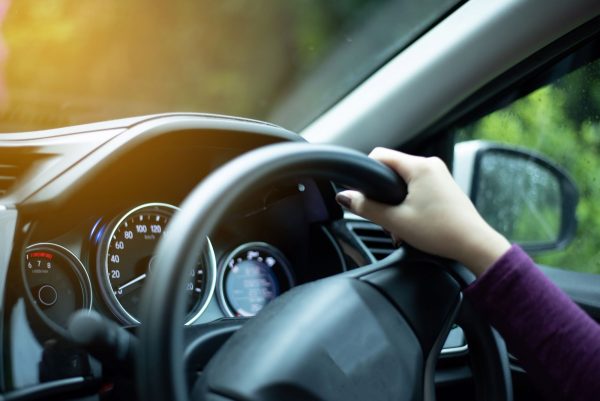
If you have received a summons for a motoring offence through the post you may be left wondering how you respond.
After all it is not something that is typically covered while you are learning to drive. Here we dispel any myths and misconceptions there are when responding to a summons for a motoring offence.
What is a summons?
A summons is a legal document issued by the Magistrates’ Court for the prosecution of an offence. For most road traffic offences the summons has to be issued within 6 months of the incident occurring, while some offences will see the time limit extend to 6 months after the offence came to the knowledge of the police, but in any event within 3 years.
A summons will formally require you to attend court at a particular time and date.
The summons must identify you by your name and should contain your address and date of birth (if known). It will also state the name and address of the Court where you’re required to attend, the offence/offence you’re alleged to have done and the time and date of the court hearing. The court location will be in the area where the alleged offence occurred.
The summons will normally contain a summary known as the statement of facts and you may be provided with statements from the police officer and other witnesses.
How do you respond to a summons?

You must not ignore a summons thinking it will go away if you do not respond to the letter. Your options will be detailed within the summons, but it is best to seek legal advice from a dedicated motoring solicitor. They will be able to explain the options available to you and help decide how you should proceed.
Generally, you can reply in writing or online, and may not have to attend court. For more serious motoring offences, you will need to attend in person, failing to do so could result in a warrant for your arrest.
But just because the summons says you’ve done something, it doesn’t necessarily mean you’re guilty. If you decide to plead not guilty you will be given a court hearing at which you can dispute evidence outlined by the Crown Prosecution Service and provide your own version of events, any corroborative evidence, and any witnesses to support your case.
What should I do if I receive a summons for a motoring offence?
You will need to read the summons very carefully and decide if the allegation is true and whether you intend to plead guilty or not guilty. If you are considering pleading not guilty it is probably time to seek some expert legal advice.
What will happen if I ignore a summons for a motoring offence?
The court has a number of options if you do not respond. You may lose the chance to challenge the case or put forward your mitigation.
Your licence can be endorsed or a disqualification may be imposed without your knowledge, which will have serious implications regarding your ability to drive and your motor insurance policy.
Do I have to attend court when I plead not guilty?

It depends on your individual circumstances. You may be able to get a solicitor to attend and plead on your behalf if you have been summoned for a minor motoring offence.
However, if you have been bailed to attend court for a more serious offence such as drink driving, you must attend in person. You will also have to attend if you are to plead guilty and the conviction will mean you have totted up 12 penalty points or more and you will face losing your licence.
Can I write a letter to the magistrates instead of going to court?
If your case is considered a minor motoring offence and it is to be heard by a single magistrate, you will be given the opportunity to plead guilty and write a letter outlining mitigating circumstances and appealing for leniency.
The magistrate hearing your case will read your letter along with CPS evidence and police statements before determining your punishment.
Do I need to tell my insurer if I am convicted of a motoring offence?
If you have points on your licence for motoring offences you must tell your insurer when you get quoted for cover. Your policy cost will reflect the risk you present as a driver and, with points on your licence you may well be deemed a greater risk.
But with more than 100 insurance schemes to choose from, Adrian Flux specialises in bespoke insurance packages for those with blemishes on their driving record and you will find we don’t use your endorsements and motoring offences as leverage to inflate your policy premium. If you have been quoted more than £2,000 for your insurance because of your convictions, we are confident our brokers will be able tobeat your best quote.
To find out more about our value-for-money convicted driver insurance policies call 0800 369 8590 — 81.5% of all customers receiving an online quote in August 2022 could have obtained a cheaper quote over the phone, based on the information they provided.